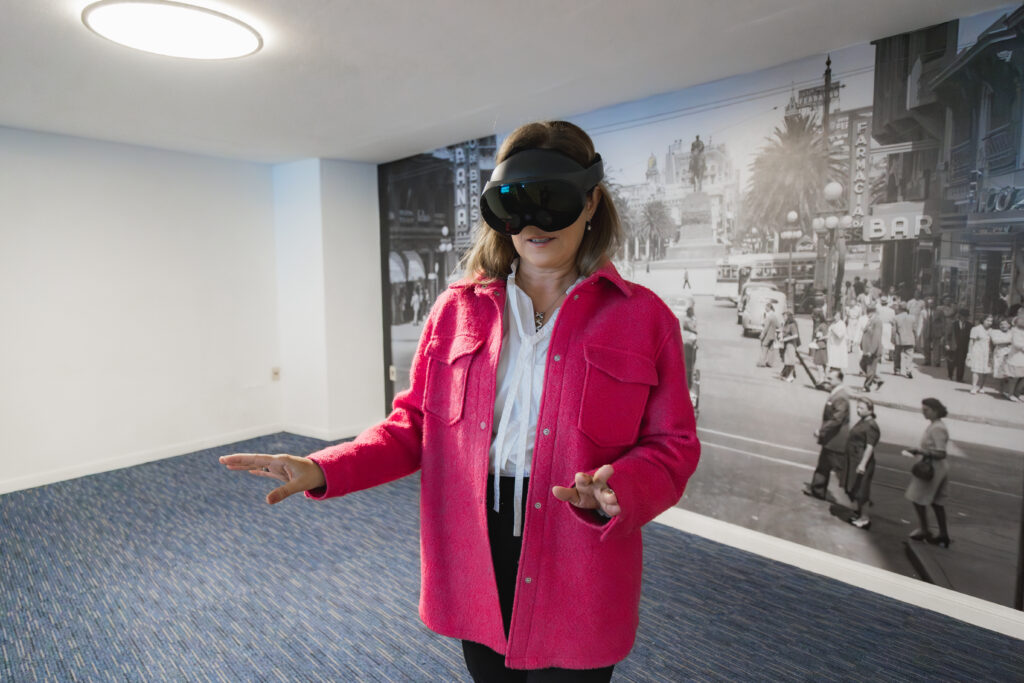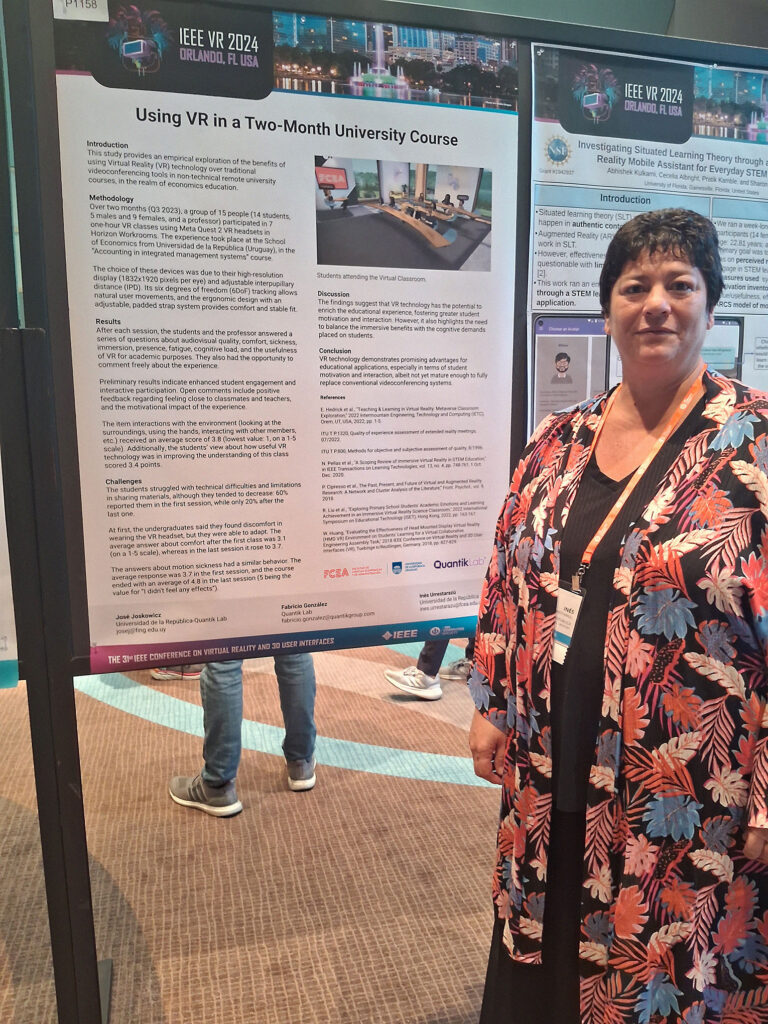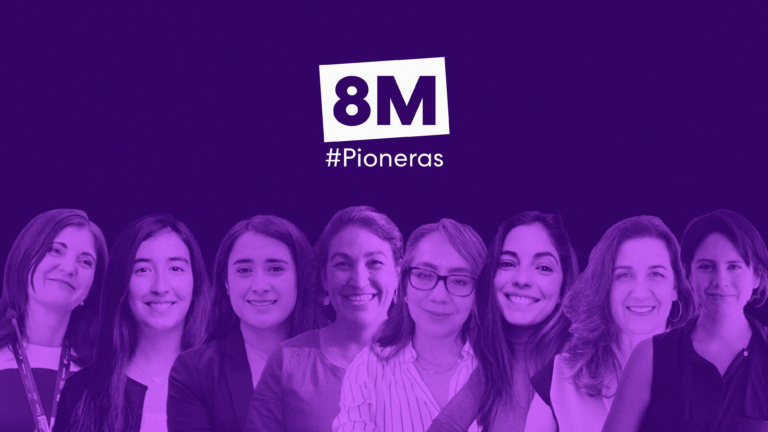The international real estate services organization Remax, present in Uruguay, began experimenting with the use of virtual reality glasses to show potential buyers the apartments available in the Vialmare building, located in the Buceo Sur area of Montevideo.
Sales of in-well projects present particularities and certain difficulties. Salespeople are often limited by the lack of practical tools to effectively showcase developments. Currently, their options are reduced to showing plans (which are not always easy to visualize), taking clients to the construction site (which is often an unfriendly and unsafe development site) or investing in the construction of expensive showrooms to simulate a final unit, at a cost of up to US$90,000.
How did the project come about?
Quantik Lab, the research and development arm of the Quantik Group , approached Remax with an innovative proposal to simplify the sale of well projects. The Quantik Lab team worked on a 3D floor plan of an apartment and processed it to configure it for Oculus glasses to create an enjoyable virtual reality experience for potential homeowners.
"After being part of the implementation of this technology in our organization, we have been amazed at its potential. The ability to visualize a space in 3D, before it is physically built, is a revolutionary breakthrough," commented Norma Bueno Realtor at Remax.
Regarding the impact on buyers, he said that it is an "invaluable tool, as it allows them to experience volumetrically the place they wish to acquire, providing unprecedented clarity and confidence in their decisions." "This is undoubtedly the direction in which the real estate industry is heading," he concluded.

What does virtual reality bring to the table?
The main advantage of the virtual reality experience is that it provides a greater volumetric perception for visualizing these types of projects. Virtual reality glasses, such as the Oculus, offer potential buyers a unique experience by immersing themselves in the space and walking through it, giving them a more realistic sense of what it would be like to live in those apartments still under construction.
In addition to the possibility of immersion and realism, it allows significant savings in time and resources by avoiding the costly construction of physical showrooms.
Participants' projections
The use of this technology in real estate services projects a future in which any house can be shown through virtual reality glasses.
One of the main advantages for clients is to take virtual tours of properties in different locations; that is, to explore multiple options without having to physically travel, which speeds up the comparison between different properties and, therefore, the decision making process.
This modality represents an important advance that offers an immersive and practical experience for buyers, while optimizing resources for companies in the sector.



